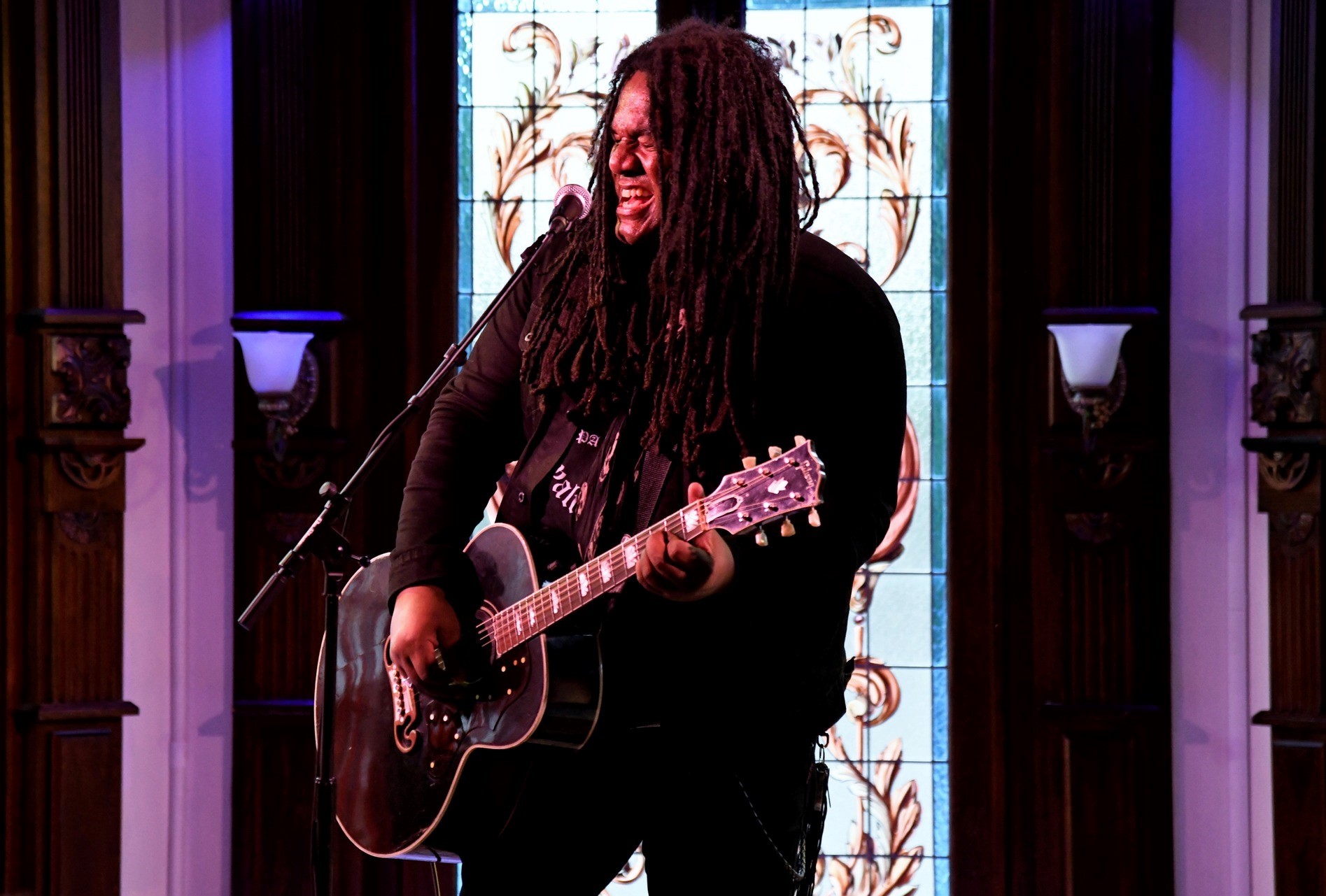By Rosemary Conte
originally published: 08/20/2015

The music business is complicated, and a terrible way for unprepared artists to make a living. CD sales are in the basement as music consumers opt for streaming services like Pandora and Spotify. My friend did the math and told me he needs 7000 to 10,000 people to stream one of his songs to equal the $7 he makes from one CD sale. Another friend got a check for three cents for thousands of downloads from videos on YouTube. There is no transparency in the deals between record labels and streaming sites, so artists are in the dark as to where the money goes.
Though the picture for today’s mid-level musicians looks bleak, upper level artists like Taylor Swift and Jay Z have come out as artist advocates. Swift withdrew her songs from the new Apple Music which was offering free streams in its first three months, and forced their hand to charge a fee. Jay Z paid $56 million for the subscription streaming service Tital and is marketing it as an artist-friendly alternative. And David Byrne of the Talking Heads is investigating and exposing nasty deals between record labels and streamers that leave artists only crumbs.
Meanwhile in the halls of academia, there is recognition of the new problems created for artists by rapid changes in technology, as well as the new opportunities created for music businesses. More colleges are marketing Music Industry Programs. But will what students learn now be obsolete by graduation day, and will a Music Industry Degree support them in life?
I put that question to Matthew J. Hockenjos, the new Executive Director of the Asbury Park Music Foundation. Matt earned a Bachelor’s Degree in Arts Administration, with a concentration in non-profit organizations and the entertainment industry from Rider University. He says that education prepared him for his job at APMF where he is responsible for program operations, marketing, and fundraising.
Matt says there are other ways for the new generation of musicians to make money besides playing gigs and depending upon CD sales and music streams. But education is important.
Schools prepare students for the many aspects of music business. While at Rider, Matt, who plays guitar and drums, worked in marketing and promotions for radio and TV companies. Later he worked in Manhattan at a licensing company that creates music for TV and film. He says that schools want to support students by helping them find internships that can lead to permanent jobs.
As some jobs are made obsolete with new technology, more are created. For instance, there are jobs in publishing, in streaming services, and more licensing jobs. The main genres of music now have sub categories, and so, different markets have been created---like markets for electronic music in commercials, movies and TV.
Matt says that music industry students are trained in starting non-profit arts organizations that give back to the community. “There’s a lot more to the music industry than the music itself. It’s a broad field where students can have a career on the business side…and still be an artist. Any musician can work in the industry making money and making important industry contacts and still play your own music.”
In his senior year at Rider, Matt had to create a non-profit organization from the ground up, develop financing, and create an event. He learned to understand the logistics of how a fundraiser should operate, and how to get big sponsors for events. He was inspired to find new ways to present music, and he had the idea to combine music and film. Matt’s idea eventually found support from the Asbury Park Music Foundation, its supporters and its sponsors like the Asbury Park Press. That collaboration resulted in the first annual Asbury Park Music in Film Festival, with Matt at the helm.
Matt said, “Some musicians who did not go to college, instead, spent those years working in the music industry at a lower level and worked their way up. I’m right out of school doing exactly what I studied in school, and that’s why I chose the program I did.”
His advice to music students is that they pick a program that creates opportunities for them. And never turn down a conversation with someone. You never know who you might be talking to that may do something for you---or you might do something for them. All the time you’re in school, think about the future as you learn. To make a living in music, try to incorporate what you love and believe into what you’ve learned to be good at in school.
The Music in Film Festival is interested in partnering with local schools, including Monmouth University, where musician/educator Joseph Rapolla has designed and implemented a Music Industry Program. Matt wants to provide opportunities for music students, graphic designers and writers to get involved with the film festival and the Asbury Park Music Foundation.
Matt feels he is a good musician; and at Rider he learned to be good at marketing.
He plans to play music venues in Asbury Park in the future. He says, “I use my skills and talents to promote what I love to do.”
Music and marketing. Perfect together.
FEATURED EVENTS
To narrow results by date range, categories,
or region of New Jersey
click here for our advanced search.
To narrow results by date range, categories,
or region of New Jersey
click here for our advanced search.
EVENT PREVIEWS
Carteret PAC presents Julio Iglesias Jr.
March 28 to January 16, 2026
The Levoy Theatre presents Sons of Cream
March 3, 2026
State Theatre New Jersey presents Brit Floyd - The Moon, The Wall and Beyond 2026
March 4, 2026
JOURNEY's Final Tour Includes Show In Trenton
March 5, 2026
State Theatre New Jersey and The Bowery Presents Blackberry Smoke
March 5, 2026
Lizzie Rose Music Room presents Jeffrey Gaines on March 6th
March 6, 2026
State Theatre New Jersey presents Celtic Woman - A New Era Tour
March 6, 2026
Trenton City Museum to present Trenton Makes Jazz concert featuring Omeed Nyman Quartet
March 6, 2026
Y Arts in the Community presents The Great American SOULBook
March 6, 2026
The Dryden Ensemble presents The Most Faithful Companion: Lute and Guitar Trios from the 17th Century
March 6, 2026


















